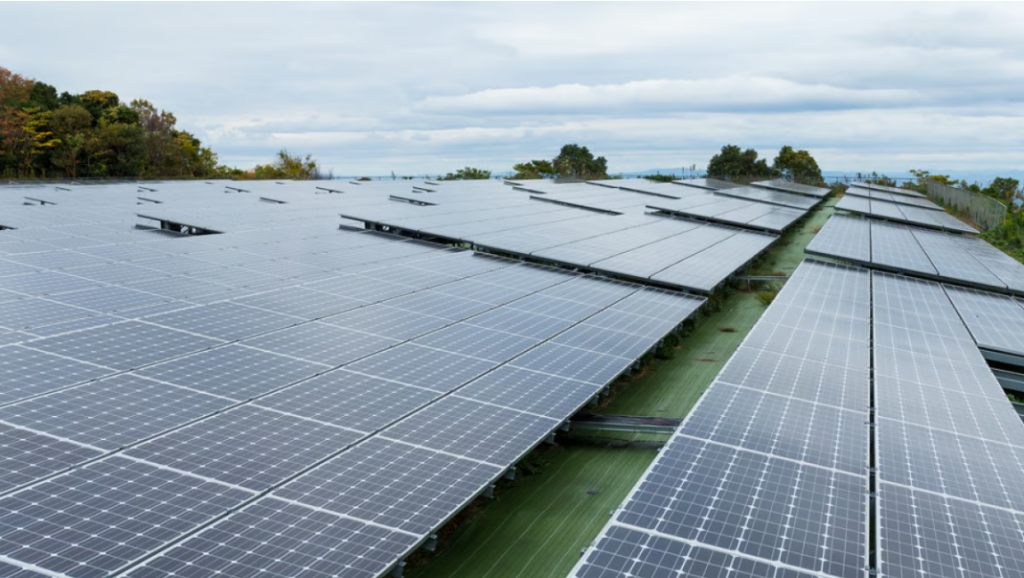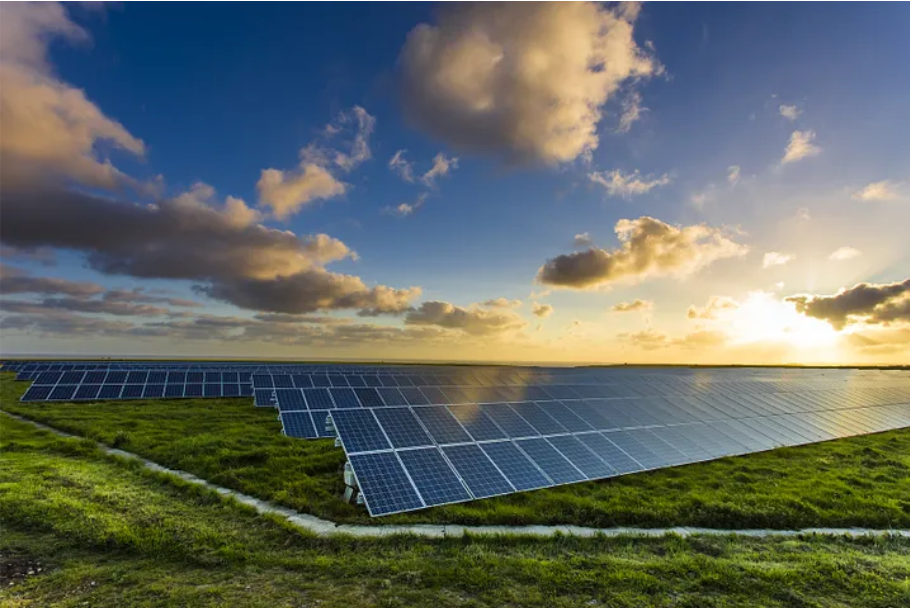India is on a path to becoming a global leader in renewable energy. With an ambitious goal of achieving net-zero emissions by 2070, the country is rapidly transitioning away from fossil fuels and embracing cleaner, sustainable alternatives.
The Indian government has set audacious targets for the future. By 2030, it aims to have a staggering 500 GW of renewable energy capacity, enough to meet nearly half of the nation’s electricity needs. This ambitious vision is backed by concrete plans, including the development of large solar parks and a strong focus on innovation in areas like rooftop solar.
India’s accomplishments in renewables are undeniable. The country boasts the fourth-largest installed renewable energy capacity globally, with over 125 GW as of March 2024. Solar energy takes center stage, with a capacity exceeding 75 GW, a thirty-fold increase in just nine years! Wind power is another major contributor, and India is actively exploring offshore wind farms to tap into even greater potential.
Understanding the Rationale Behind ALMM:
1. Promoting Domestic Manufacturing: ALMM’s primary objective is to promote domestic manufacturing of solar panels by encouraging the use of locally sourced components such as cells, wafers and polysilicon. This strategic approach not only reduces dependence on imports but also restores economic growth by creating more employment opportunities and fostering indigenous innovation and expertise in solar technology.

Domestic Manufacturing Of Solar Module To Soar 400% By 2025
Link : https://business.outlookindia.com/news/domestic-manufacturing-of-solar-module-to-soar-400-by-2025-report-news-44884
2. Ensuring Stringent Quality Standards: ALMM serves as a strong quality assurance mechanism, safeguarding consumers against substandard products and ensuring the longevity and efficiency of solar projects. Modules included in the ALMM list undergo rigorous testing procedures to ensure specific performance and reliable benchmarks.
3. Focus on Government Projects and Subsidies: ALMM’s scope extends predominantly to government – sponsored projects or subsidized solar initiatives, encompassing projects procured directly by government entities or through distribution companies for their own consumption.

ALMM ensures high quality
Link : https://medium.com/@alphazee17/how-durable-are-solar-panels-fad63bc1afd8
Expected Impact of ALMM:
1. Generating Domestic Solar Industry Growth: ALMM serves as a way for the expansion and integration of India’s domestic solar industry. By promoting local manufacturing and innovation, the policy creates a favorable environment for industry growth, job creation and technological advancement. This not only enhances the sector’s competitiveness on a global scale but also strengthens India’s position as a leader in the renewable energy sector.
2. Elevating Project Quality and Performance: Solar projects stand to benefit from enhanced reliability, efficiency and performance with the help of ALMM. By mandating the use of high- quality components and adhering to stringent quality standards, the policy ensures longevity, thereby maximizing power generation potential and minimizing maintenance costs.
3. Enhancing Energy Security: ALMM plays a vital role in enhancing India’s energy security. By reducing dependence on imported components and fostering self- reliance in solar technology, the policy mitigates risks associated with supply chain disturbance and external dependencies, thereby strengthening the resilience of India’s energy infrastructure and ensuring uninterrupted access to clean and sustainable energy sources.
Conclusion:
In conclusion, the ALMM policy represents a significant milestone in India’s journey towards a sustainable energy future. By prioritizing domestic manufacturing, ensuring stringent quality standards, and fostering technological advancement, ALMM serves as a catalyst for industry growth, project excellence, and energy security. While challenges may emerge in the initial phases of implementation, the long-term benefits in terms of economic resilience, environmental sustainability, and energy independence position ALMM as a foundation in India’s transition towards a greener and more prosperous future.
Join our SafEarth marketplace to explore your options and buy your solar system from qualified installers in your area to make the switch easy.


Enjoyed reading through this, very good stuff, thanks.
My brother recommended I might like this web site He was totally right This post actually made my day You cannt imagine just how much time I had spent for this information Thanks